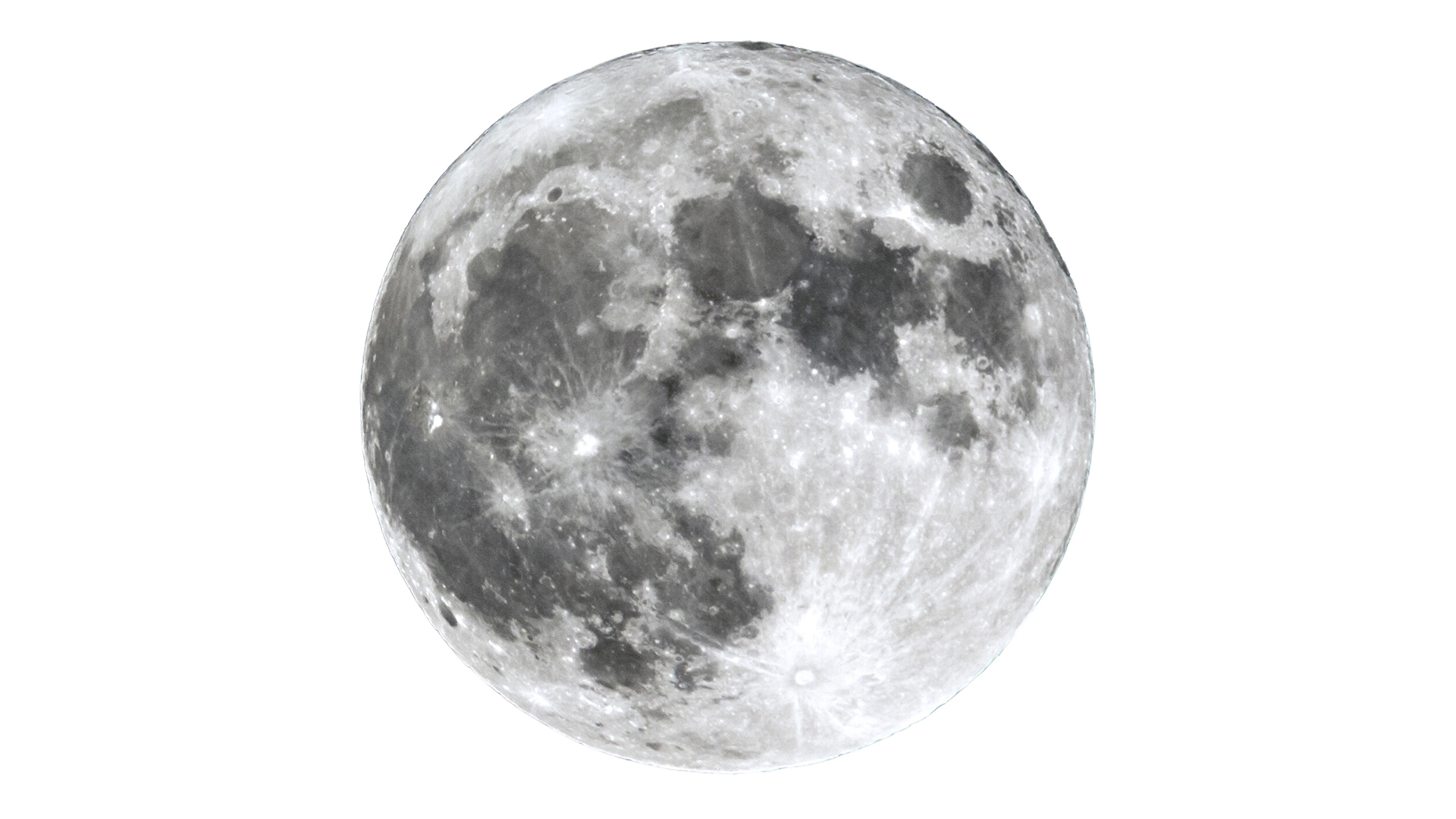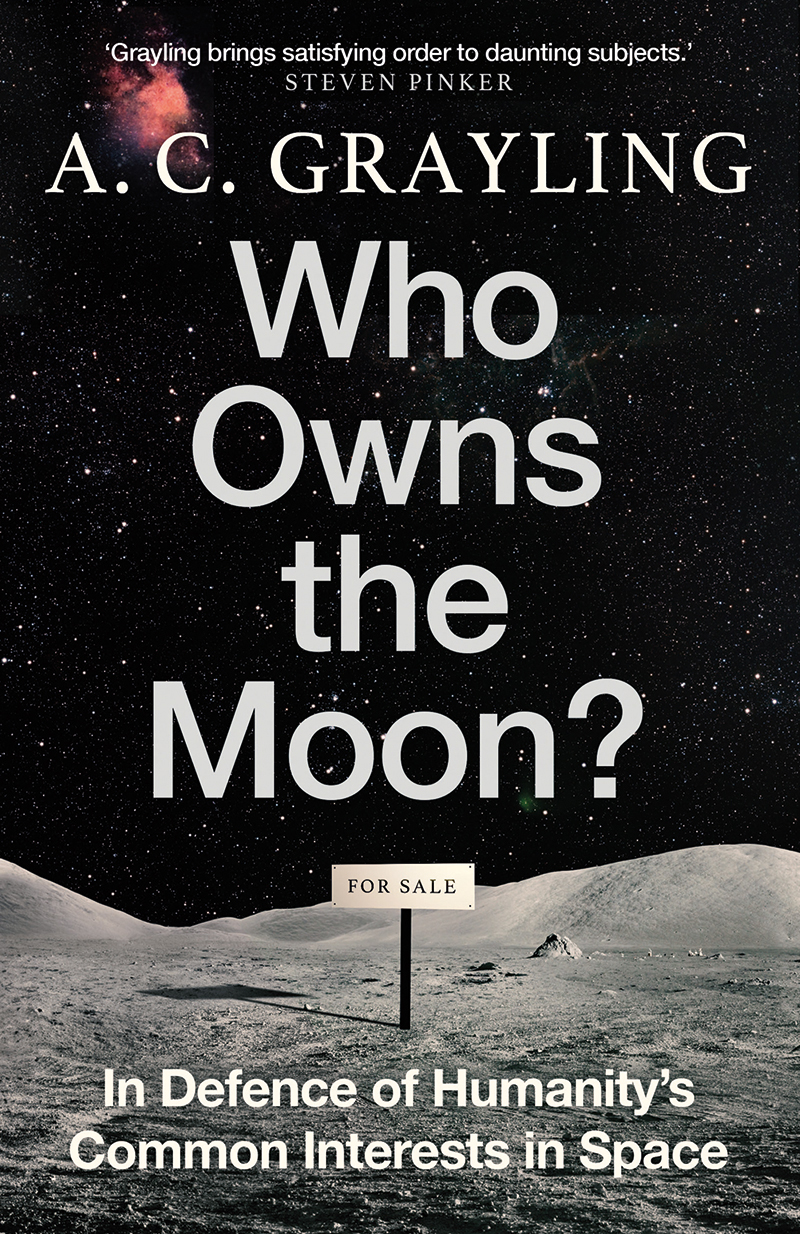As a flurry of recent news reports have shown, interest in the moon is increasing dramatically as China, India, and a number of private companies are racing to establish bases on the moon and to put a lunar space station in orbit around it. Why? Because the moon turns out to have valuable resources needed on Earth – some of them currently in increasingly short supply – and hundreds of billions of dollars are being invested in getting at those resources, with the expectation of big profits and big advantages.
The resources in question include chlorine, lithium, beryllium, zirconium, uranium, thorium, and the rare-earths needed for mobile phones, computers and wind turbines, as well as basalt, iron, quartz and silicon. But above all, the ‘regolith’ – the surface dust and rubble of the moon – is a source of Helium-3, needed for the upcoming nuclear fusion industry which promises huge amounts of clean energy for Earth. Helium-3 is worth US $4bn a ton – that’s US $2,000 per litre. A handful of moon dust is worth more than a handful of diamonds.
These facts explain the huge investment being poured into moon resource exploitation. And there is much to applaud about it: better to mine the moon than the already over-damaged Earth; many new technological spin-offs can be expected; and human imagination and perspectives will be enlarged.
Get the latest news and insight into how the Big Issue magazine is made by signing up for the Inside Big Issue newsletter
But there are also dangers for peace on Earth – and these are not being taken seriously enough. There is only one outdated international treaty applicable to the moon, the UN’s 1067 Outer Space Treaty, which forbids using the moon for military purposes, but which otherwise declares the moon an open resource which anyone can do what they like on, if they can get there: an open frontier, a Wild West, a place that invites the ‘gold rush’ phenomenon that has been a source of so much trouble in Earth’s own history.
The trouble with the Wild West aspect is that competition and rivalry for the moon’s resources could too easily result in conflict, and the conflict could rebound on Earth. It is a potential source of trouble unless regulated. But no-one is talking about the regulations necessary. Think of it: with so much money invested, and such big profits to be made, rivalry could easily become acute, and resulting conflicts will not be confined to the moon or space, but will affect international relations, even to the point of yet more war, on our planetary home.










